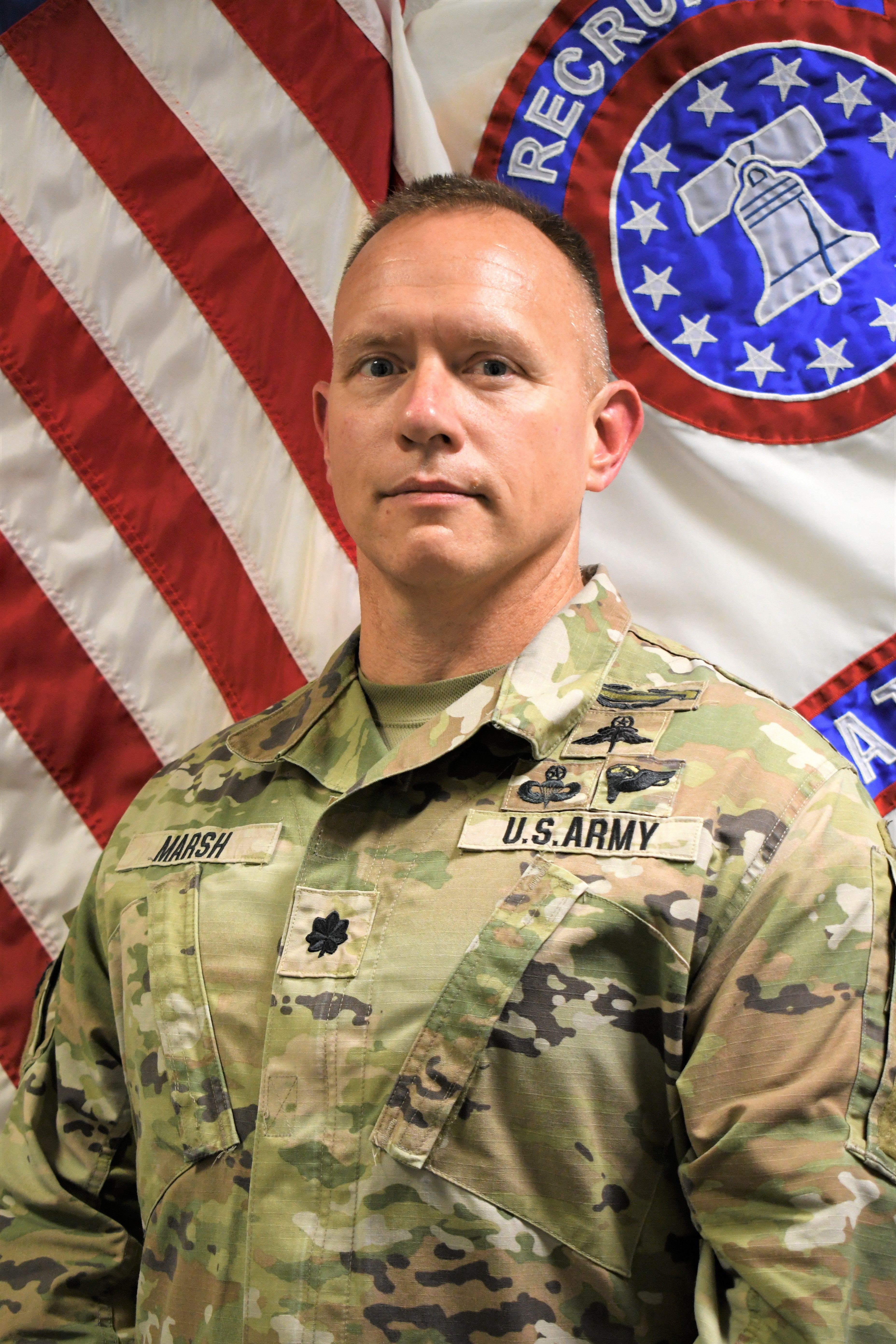Donating blood could save someone’s life
Published 7:00 am Thursday, September 17, 2015
Readers will note there is a Knights of Columbus blood drive scheduled for this weekend.
We suggest you consider making a donation.
It’s easy to forget about blood drives. They’re frequent and a popular community service for so many charitable organizations, so one might be forgiven for assuming there’s enough blood to go around.
On any given day, maybe there is. Maybe.
Most people are aware that most blood can’t be given to just anyone. Generally, donors have to match a recipient’s blood type, and so it is best to have regular collections to ensure that all blood types are well stocked in local blood banks.
Blood donations may be necessary after severe car crashes of course, but they can also be necessary after childbirth, during cancer treatments, during treatments for sickle cell anemia, during surgeries and in other instances. In addition, some of these patients may require quite a bit of blood before the surgery is complete. In total, the American Red Cross estimates in the United States blood is needed by someone every two seconds.
And besides blood transfusions, donated blood is also used to harvest red blood cells, platelets and plasma.
But even if your blood is not used, there’s the additional fact that blood goes bad.
There was a time when researchers believed blood could be stored and used for up to 42 days after donation. But in recent years, researchers have halved that number to 21 days. In just three short weeks, stored blood begins to break down, according to an article in the 2013 journal “Anesthesia & Analgesia.” It’s better to use new, fresh blood and it seems there is no modern technology that can keep stored blood as healthy as living, breathing humans.
When you take into account the short lifespan of the commodity plus the other facts, it’s clear why there are so many blood drives: they are necessary.
Yet, the Red Cross reports that of the 38 percent of Americans who can donate, only 10 percent actually do.
We ask that anyone who can make a donation do so. It’s free, it’s easy, it’s nearly painless; and you could help save a life.



